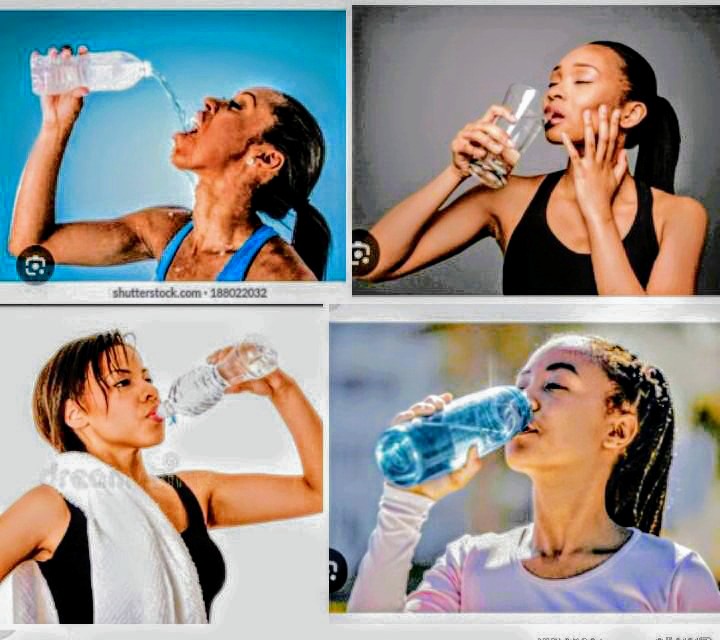
Water is essential for our well-being, and staying hydrated is key to good health. However, there are certain moments when drinking water can do more harm than good. Despite feeling thirsty, consuming water at the wrong times can lead to issues like stomach discomfort, dehydration, and even strain on the kidneys. In this article, we’ll explore the critical times when you should avoid drinking water to protect your health.
1. Just before or Following a Meal:
Water might weaken the stomach acids and digestive enzymes that break down your meal before or right after you eat. This may lead to poor digestion and nutrient absorption, which may cause gas, bloating, and bowel issues. Water should be avoided at least 30 minutes before and after meals, according to experts. This makes it easier for the body to consume and assimilate the nutrients.
2. When Doing High-intensity Exercises:
Water consumption during intense exercise might cause cramping, nausea, and exhaustion. This is because during vigorous exercise, your body sends blood flow to your muscles, and drinking too much water might cause your body’s electrolyte balance to change. It’s recommended to take small sips of water before and after exercises and to hold off on drinking more until your body has cooled down.
3. When Your Thirst Is Too Great:
Your body can easily absorb too much water in a short amount of time when you are severely dehydrated and exceedingly thirsty. Electrolyte abnormalities brought on by this may result in seizures and brain enlargement. It is preferable to drink water slowly rather than guzzle it down all at once if you are severely dehydrated.
4. In The Evening:
Drinking a lot of water in the evening can interfere with your sleep cycles and result in repeated bathroom visits, which can prevent you from getting enough sleep. Two hours before going to bed, it’s recommended to minimise your water intake.
Conclusively, water is essential for our well-being, and staying hydrated is key to maintaining good health. However, as previously mentioned, drinking water at the wrong times or in excess can lead to health problems. It’s not just about drinking enough, but also about being mindful of when and how much water you consume. While hydration is crucial, understanding the balance is equally important to avoid the risks of both dehydration and overhydration.









